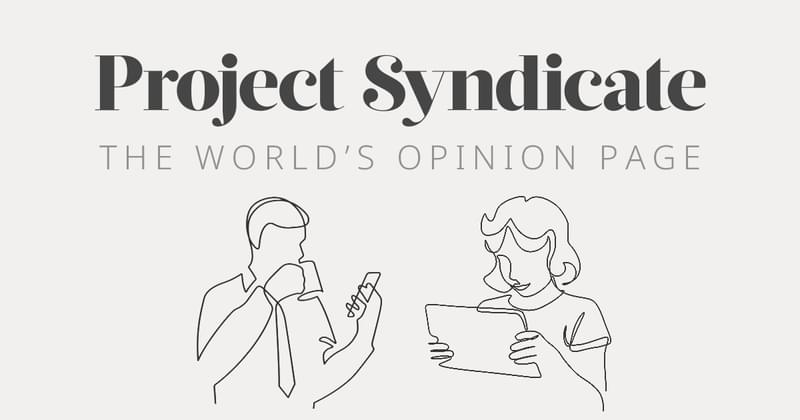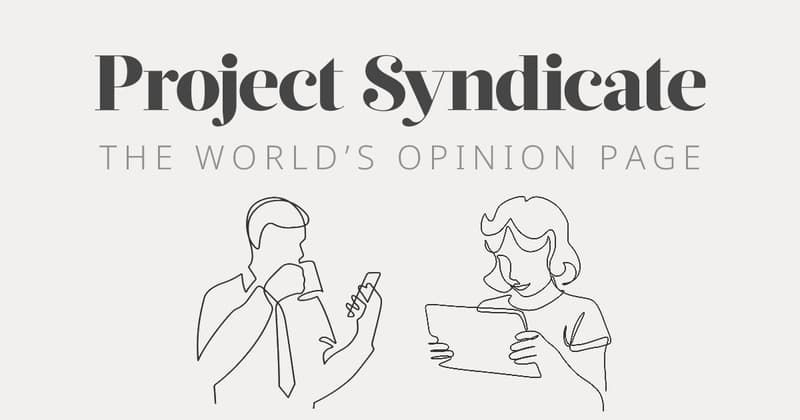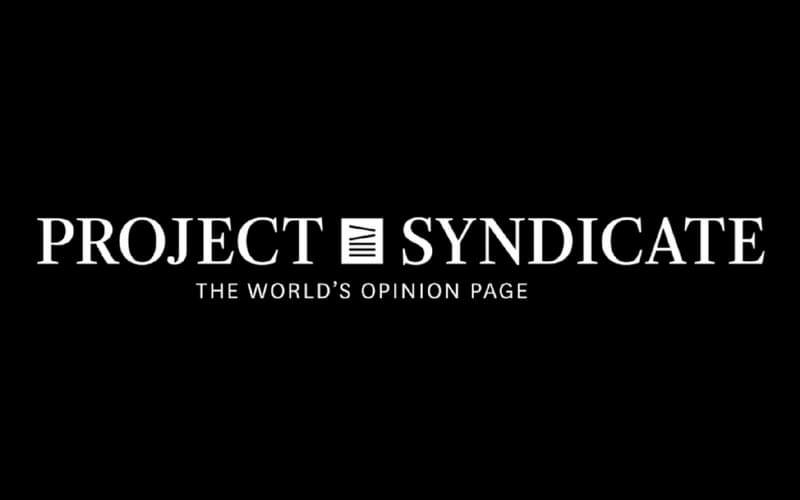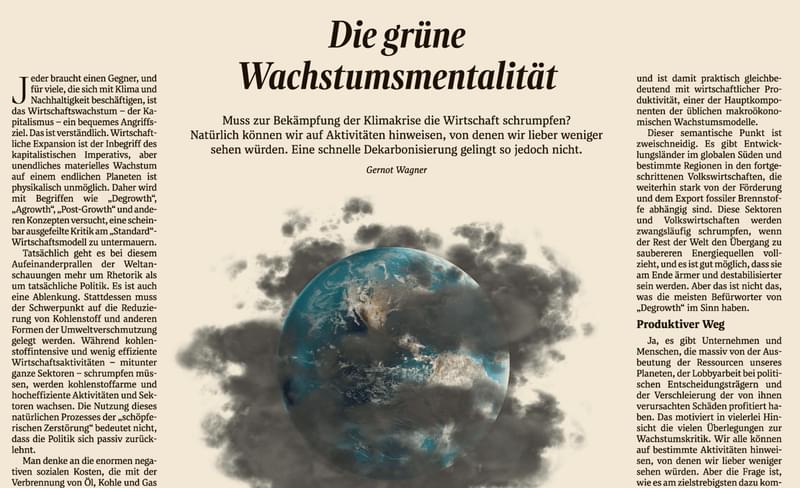How to Assess the Outcome of COP28
Given that this year’s United Nations Climate Change Conference was hosted by a petrostate and led by a fossil-fuel CEO, climate campaigners understandably had low expectations. Yet the summit did deliver some new commitments, and there is good reason to think that they are more than just empty words.



